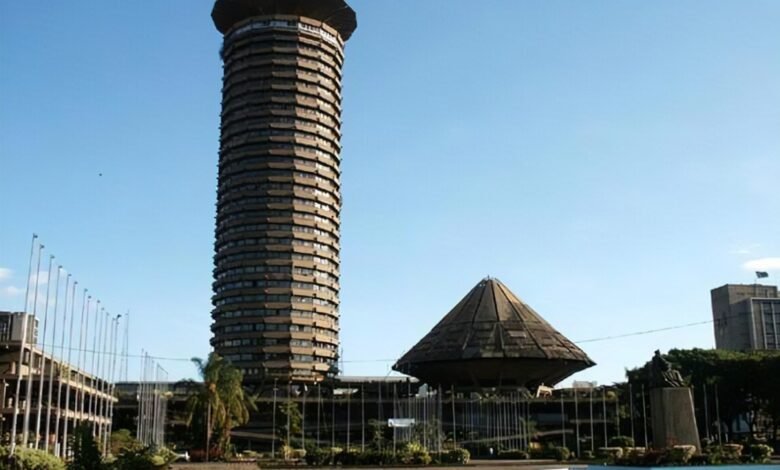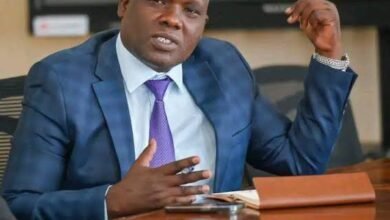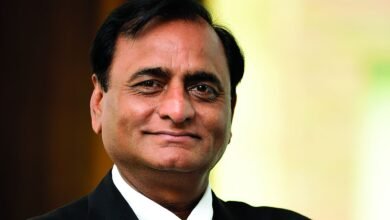
All commercial State corporations will henceforth, start remitting 80% of their profits after tax to the National Treasury.
This is in line with the new measure President William Ruto has taken to tame the loss-making state corporations.
The President Kenya must begin living within its means and stop the habit of running huge budget deficits.
“In three years’ time, we must run a balanced budget.
It won’t be easy but we must do it,” said Ruto.
He also directed the CEOs of all parastatals to reduce their recurrent budgets by 30%
“We will give you directions on what to do with the remaining 20%,” the President said.
Regulatory institutions were ordered to remit 90% of their surplus funds to the Treasury.
“There will be no exceptions. Everybody must comply,” President Ruto directed.
Stop Unnecessary Borrowing
The move to reduce expenditure, he explained, will stop unnecessary borrowing and accelerate the government’s transformation agenda.
“We must get it right. We must do what is right. This is the time,” he added.
He told the meeting of CEO at Statehouse that the government will engage in an elaborate consolidation process that will stop duplicity of functions, wastage and winding up of loss-making institutions.
He cited cases of parastatals that have duplicated and overlapping roles.
“It is illogical. We have to shut down some of these loss-making parastatals. We must end excess capacity,”
Some entities lined up for state divesture by the Privatization Commission includes; the Kenya Pipeline Company, the Kenya Ports Authority, the Consolidated Bank, the Development Bank of Kenya and the Kenya Tourist Development Corporation among others.
Also Read: Moody’s on Why Ruto’s Privatisation Agenda Might Take a Long Time
As such, the initiative is expected to revitalize capital markets and spur new listing at the Nairobi bourse.
Privatization Bill 2023
Recently, the Kenya Cabinet approved the Privatization bill 2023 which is set to replace the Privatization Act 2005 if approved by the parliament.
The new bill is set to address the inhibiting legislative and regulatory framework provided in the privatization Act 2005 that led to long processes of approval of SOEs for privatization. Other key objectives of the bill include;
i. Encourage more participation of the private sector in the economy by shifting the production and delivery of products and services from the public sector to the private sector. Furthermore, broadening the base of ownership in the Kenyan economy by encouraging private ownership of entities,
ii. Improve the infrastructure and the delivery of public services through the involvement of private capital and expertise,
iii. Generate additional revenue for the government through proceeds from privatizations and reduce the demand for government resources by non-strategic SOEs,
iv. Improve the regulation of the economy by reducing conflicts between the public sector’s regulatory functions and commercial functions, and,
v. Improve the efficiency of the Kenyan economy by making it more responsive to market forces and enhance development of the capital markets in Kenya.
The time is up for loss-making parastatals, President William Ruto has said.
And those that make profits must stop wasteful expenditure, including financing largesse in their parent ministries and unnecessary procurement.
The President directed that the government, including State corporations, must live within its means. Consequently, expenditure must never exceed revenues collected.
Speaking to chairs and CEOs of State corporations at State House Nairobi on Tuesday morning, President Ruto said some agencies have been making losses for years and have become a drain on the Exchequer.
“Now that the economy has stabilised, we cannot continue accumulating debt. Borrowing will only lead us down the cliff,” the President said.
On wastage in State corporations, the President said: “The money some parastatals make does not belong to their boards or management. It belongs to the people of Kenya as returns on investment.”
The President regretted that the abuse of public resources has become so rampant that it is inhibiting service delivery.
He directed that, from now on, Government budgets and expenditures will be subjected to rigorous scrutiny.
“We will also leverage on technology to check on improper payments and maximise on the value for money,” he asserted.
The move to reduce expenditure, he explained, will stop unnecessary borrowing and accelerate the government’s transformation agenda.
“We must get it right. We must do what is right. This is the time,” he added.
He told the meeting that the government will engage in an elaborate consolidation process that will stop duplicity of functions, wastage and winding up of loss-making institutions.
He cited cases of parastatals that have duplicated and overlapping roles.
“It is illogical. We have to shut down some of these loss-making parastatals. We must end excess capacity,” the





